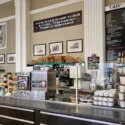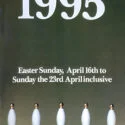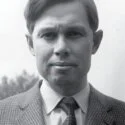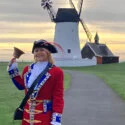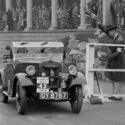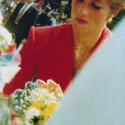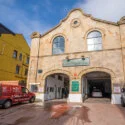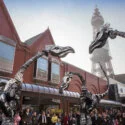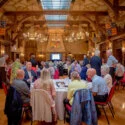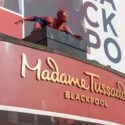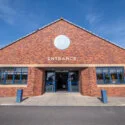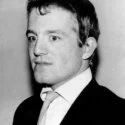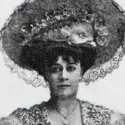The headline referenced a different kind of national emergency—the outbreak of war—when stage producers sought refuge for their plays away from London. Blackpool, with its multiple theatres and a wartime population swelled by civil servants and RAF personnel in training, became an unlikely hub for some of the most prestigious productions of the time. Among these, one of the most remarkable moments came in late September 1939, when the Grand Theatre hosted what might well be its most star-studded cast ever. The production was John Gielgud’s staging of Oscar Wilde’s The Importance of Being Earnest. Gielgud himself starred as John Worthing, with Edith Evans delivering an iconic performance as Lady Bracknell. Supporting them were Peggy Ashcroft as Cecily Cardew, Gwen Ffrangcon-Davies as Gwendolen Fairfax, and Margaret Rutherford as Miss Prism. Each of these actors would go on to achieve legendary status, amassing accolades and honours throughout their careers. In time, Edith Evans would become Dame Edith in 1946, followed by Sir John Gielgud in 1953, Dame Peggy Ashcroft in 1956, Dame Margaret Rutherford in 1967, and Dame Gwen Ffrangcon-Davies in 1991, shortly before her passing at age 101.
The Gazette’s reviewer, Eric Littler, was on hand to capture the performance before leaving for military service. Littler noted that Gielgud had turned the typical interpretation of Wilde’s 1895 play on its head. While previous revivals had poked fun at the Victorian characters, mocking their absurdities, Gielgud’s direction allowed audiences to laugh with the play rather than at it. His interpretation made Wilde’s wit and satire feel fresh, highlighting the genius of the text rather than reducing it to caricature. Littler praised Gielgud’s own comedic brilliance but singled out Edith Evans as the standout. Her Lady Bracknell, with her imposing presence and feathered boas, was described as both terrifying and utterly hilarious. Future audiences would come to know her portrayal through Anthony Asquith’s 1952 film adaptation of the play. This landmark production was part of a wave of West End plays that came to Blackpool during the early years of the war. Preceding Wilde’s comedy was Noël Coward’s Design for Living, a provocative ménage-à-trois story starring Rex Harrison, Diana Wynyard, and Anton Walbrook. Not long after, Ivor Novello arrived at the Grand with his comedy Second Helping, performed alongside Dorothy Dickson, Ursula Jeans, and Martin Walker.
The Grand Theatre’s wartime seasons became a veritable who’s who of theatrical talent. Over the next two years, it welcomed Oscar-winning stars like Vivien Leigh and Robert Donat in separate plays, a return visit by Gielgud, two Noël Coward premieres, and Richard Attenborough in a pre-London run of Brighton Rock, the play that launched his career. This influx of renowned productions and performers had an unexpected benefit: it helped sustain Blackpool’s theatres through the winter months, a time when seaside resorts typically saw a decline in visitor numbers. The extraordinary calibre of productions during this period transformed Blackpool into an unlikely theatrical hotspot, ensuring that even amidst the challenges of war, culture and artistry flourished on the Grand Theatre’s stage.
The picture below was taken in 1936, just a few year before his first visit to Blackpool in 1939.
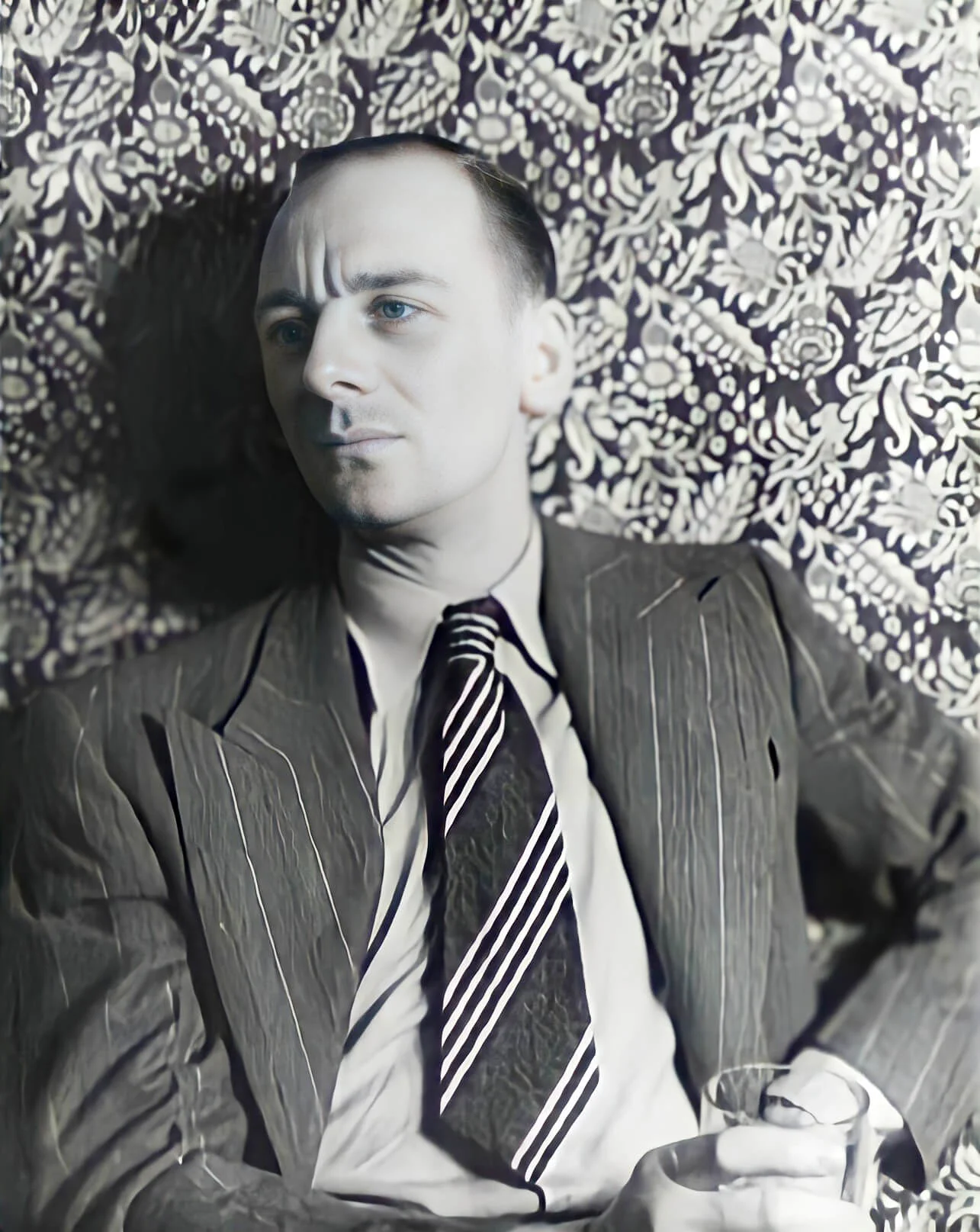
Featured Image © Carl Van VechtenLibrary of Congress - Public Domain
Background Image © Deeper Blue Marketing & Design Ltd
Text source: Blackpool Gazette’swebsite

